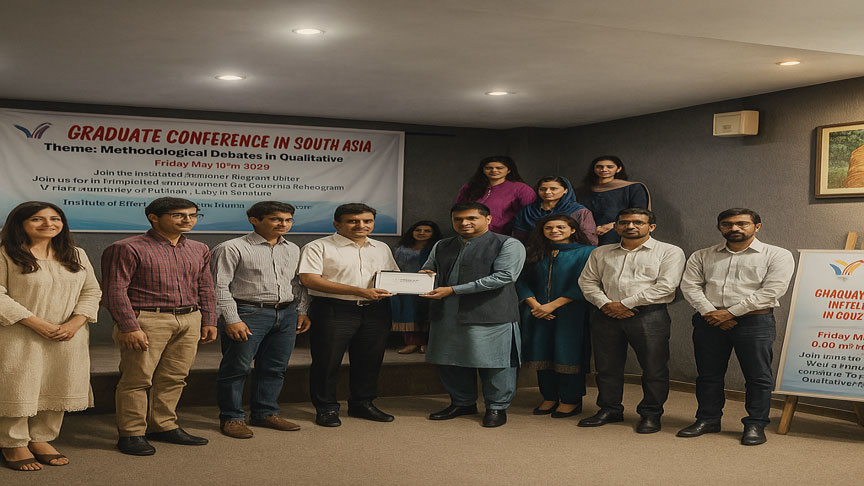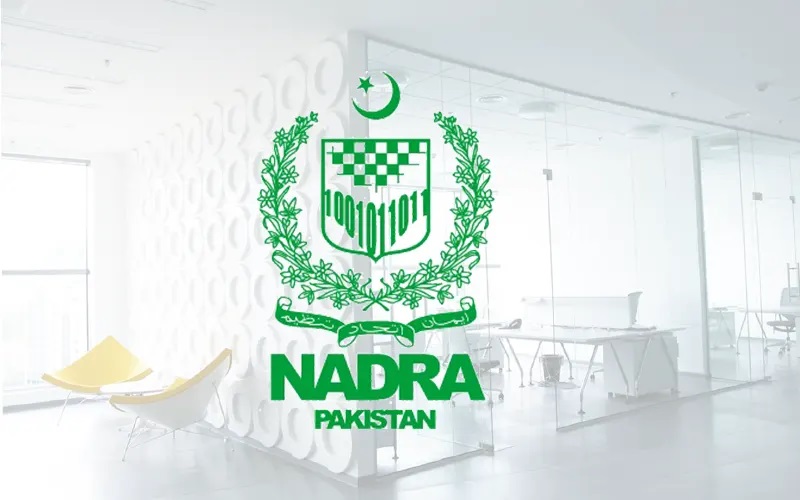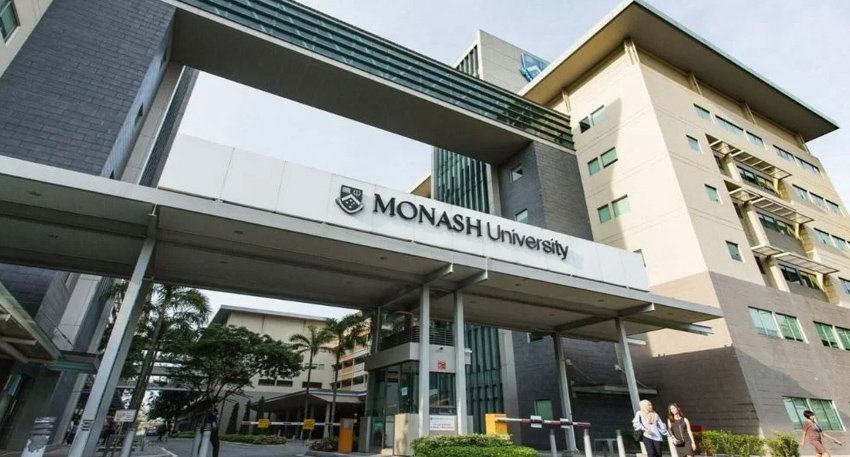
The Institute of Social and Cultural Studies (ISCS) at the University of the Punjab successfully organized a graduate conference titled “Methodological Debates in Qualitative Research”, bringing together over 200 participants including graduate students, researchers, and notable academics. The event provided a vibrant platform for emerging scholars and faculty members to engage in meaningful discussions surrounding the complexities and evolving landscape of qualitative research.
The conference covered a broad range of themes such as philosophical foundations of qualitative inquiry, ethnographic fieldwork, research design structures, and common challenges faced during fieldwork. The sessions were designed around thematic areas, encouraging insightful exchanges between students and experienced researchers, and allowing participants to present their work and explore various qualitative methodologies.
In his opening remarks, Prof. Dr. Farhan Navid Yousaf, Director of ISCS, highlighted the significance of such academic engagements. “This conference not only gives our graduates an opportunity to showcase their research but also cultivates critical dialogue and introduces diverse methodological perspectives,” he noted.
Conference Secretary Prof. Dr. Ahmad Usman announced that this gathering marks the beginning of a larger academic initiative. He revealed plans for launching an annual international conference that would bring renowned scholars from around the world to Punjab University, further strengthening the institution’s academic network and global presence.
Notable guests of honour included Prof. Dr. Anjum Nasim Sabri, Chairperson of the Doctoral Programme Coordination Committee (DPCC), and Prof. Dr. Muhammad Nasir, member of the Punjab University Syndicate. Both praised the initiative as a milestone in promoting a robust research culture in Pakistan. The event concluded on a positive note, with participants expressing gratitude for the opportunity to deepen their academic understanding and foster collaborative scholarly connections.




